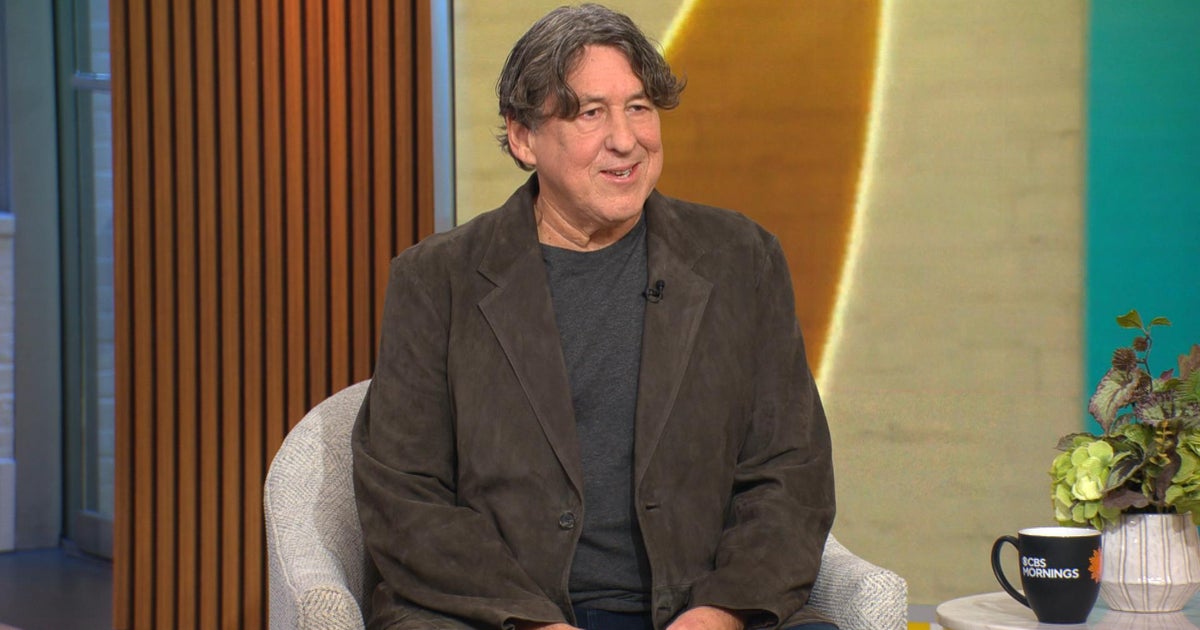Cameron Crowe shares the real stories behind "Almost Famous"
Cameron Crowe shares the real stories behind "Almost Famous"

Writer and filmmaker Cameron Crowe joins “CBS Mornings” to talk about his new memoir, “The Uncool,” where he reveals the true stories behind his classic film, “Almost Famous,” and his early days interviewing legends like Led Zeppelin, David Bowie, and the Allman Brothers.
Read the full article on CBS Entertainment
Truth Analysis
Analysis Summary:
The article appears mostly accurate, focusing on Cameron Crowe's memoir and the real stories behind "Almost Famous." The bias is minimal, presenting Crowe's perspective without significant counter-narratives. Most claims are verifiable through external sources, though some details rely on Crowe's account.
Detailed Analysis:
- Claim: Cameron Crowe's new memoir is titled "The Uncool."
- Assessment: Unverified, but likely accurate as it's a direct statement from the source about the subject's work. Requires external verification beyond the provided sources.
- Claim: "Almost Famous" is based on Cameron Crowe's early experiences interviewing musicians.
- Verification Source #2: Buzzfeed states that "Almost Famous" is based on Cameron Crowe's teenage years.
- Assessment: Supported by source 2.
- Claim: Crowe interviewed legends like Led Zeppelin, David Bowie, and the Allman Brothers.
- Assessment: Unverified by the provided sources, but plausible given Crowe's career. Requires external verification.
- Claim: Kate Hudson's character in "Almost Famous" is based on a real person.
- Verification Source #2: Buzzfeed mentions Kate Hudson's character in relation to the true story aspect of the film.
- Assessment: Supported by source 2, implying a basis in reality.
Supporting Evidence/Contradictions:
- Source 2 confirms that "Almost Famous" is based on Cameron Crowe's teenage years, lending credibility to the article's claims about the film's origins.
- The article primarily relays information directly from Cameron Crowe, which inherently introduces a degree of bias towards his own perspective and experiences.

